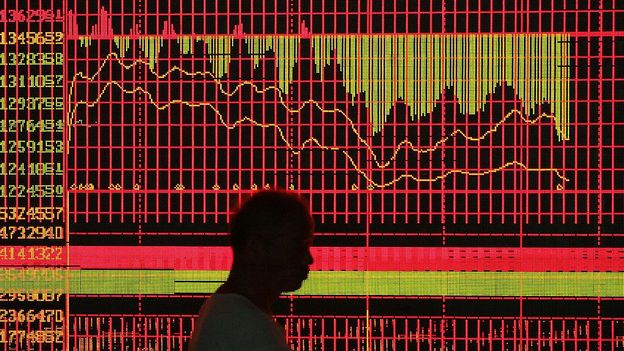Soldato
- Joined
- 16 Aug 2009
- Posts
- 8,082
It is, when I was young (insert meme here) my parents didn't have washing machines or tumble dryers or even a car all things considered to be essential for modern living these days there was a feature on the BBC the other day there is apparently now a thing called "appliance poverty" where people who can't afford white goods are considered underprivileged. I'm pretty sure much of sub saharan africa do not have washing machines and yet they don't consider themselves in "appliance poverty"Well, I'm not sure. On the face of it they may not. However actually experiencing it, may tell a different story:
The inequality gap may matter more than some politicians and corporate leaders would like to believe. Capitalism may have lifted millions of people around the world out of absolute poverty, but inequality can be corrosive within a society, says Denise Stanley, a professor of economics at California State University-Fullerton. "Absolute poverty is basically folks are able to get… $4 per day per person. It’s a threshold measure," she explains, but relative poverty can unbalance a society over the long-term. Even if the economy is growing, income inequality and stagnant wages can make people feel less secure as their relative status in the economy diminishes. Behavioural economists have shown that "our status compared to other people, our happiness, is derived more by relative measures and distribution then by absolute measures. If that’s true then capitalism has a problem," says Stanley.
"Inequality can unbalance a society over the long-term"
As a result of rising inequality, "people have less trust in institutions and experience a sense of injustice", according to the Edelman report. But the impact on people's lives may go deeper. Capitalism in its current form is destroying the lives of many working-class people, argue the economists Anne Case and Sir Angus Deaton in their book Deaths of Despair and the Future of Capitalism. Over "the past two decades, deaths of despair from suicide, drug overdose, and alcoholism have risen dramatically, and now claim hundreds of thousands of American lives each year", they write.

Why the next stage of capitalism is coming
It's done so much for human well-being, but it's far from perfect. Will capitalism as we know it evolve into something new?www.bbc.com
Happiness and contentedness in society has and always will be relative.
AKA every generation blames the one before. Ah, the circle of life.No, everybody will be blaming the millennials or the Gen Xers for having all the money. They are all super rich will be the cry.
Last edited:





 . (all the smilies apply)
. (all the smilies apply)
